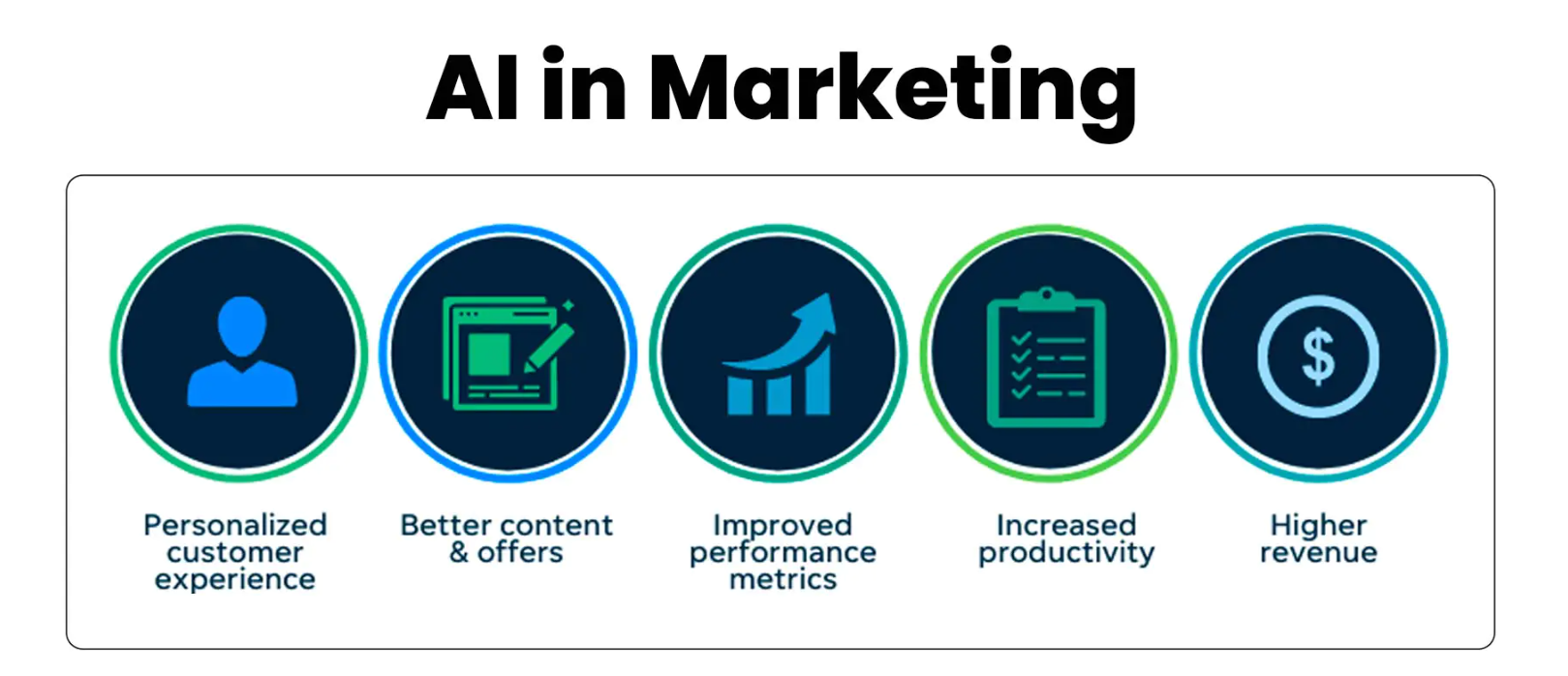
Recommend the right product to the right person at the right time.
When inundated with multiple or irrelevant product offers, customers may develop unfavorable perceptions of your company, potentially leading to disengagement or negative feedback. Moreover, research findings suggest that bombarding customers with an overwhelming array of choices can paradoxically reduce their satisfaction levels and impede their decision-making process, thereby diminishing the likelihood of completing a purchase.
In light of these challenges, marketers are tasked with the critical responsibility of striking the delicate balance between maintaining customer engagement and avoiding the pitfalls of overcommunication. Central to this endeavor is the need for a strategic approach to determine the optimal timing, frequency, and content of customer interactions. By leveraging insights from data analytics and consumer behavior research, marketers can gain valuable intelligence to tailor their outreach efforts in a manner that resonates with customers' preferences and needs.

Furthermore, adopting a customer-centric approach involves understanding the nuances of individual customer journeys and preferences. This necessitates the implementation of personalized communication strategies that deliver relevant and timely offers, thereby fostering a positive customer experience and cultivating long-term loyalty.
In essence, the challenge for marketers lies in navigating the complex landscape of customer engagement while mitigating the risks associated with spamming and information overload. By employing data-driven insights and adopting a customer-centric mindset, marketers can optimize their approach to customer communication, ultimately driving enhanced engagement, satisfaction, and brand loyalty.
By harnessing the power of machine learning algorithms, businesses can analyze and interpret vast amounts of data related to each customer's past purchase behavior. This in-depth analysis allows for the identification of patterns and trends that may not be immediately apparent through traditional methods. By leveraging these insights, businesses can effectively determine the most appropriate product recommendations for each individual customer.
The utilization of machine learning algorithms in recommendation systems offers a multitude of advantages. Firstly, it enhances the return on investment (ROI) for businesses by facilitating more targeted and personalized marketing efforts. By recommending products that align closely with a customer's preferences and past purchasing history, businesses can significantly increase the likelihood of conversion and subsequent revenue generation.

Moreover, the implementation of machine learning-driven recommendation systems contributes to heightened levels of customer satisfaction. By presenting customers with relevant and appealing product suggestions, businesses demonstrate an understanding of their needs and preferences, fostering a positive shopping experience and building stronger customer relationships.
Additionally, the adoption of machine learning algorithms for product recommendations enhances the overall brand value of businesses. By consistently delivering tailored and high-quality recommendations, businesses can establish themselves as trusted sources of expertise and reliability in the eyes of consumers. This, in turn, leads to increased brand loyalty and advocacy, as satisfied customers are more likely to endorse and recommend the brand to others.
Furthermore, the deployment of machine learning algorithms in recommendation systems has been shown to drive tangible increases in sales volumes. By guiding customers towards products that are genuinely relevant and appealing to them, businesses can capitalize on opportunities for upselling and cross-selling, thereby driving incremental revenue growth.
In summary, the integration of machine learning algorithms into recommendation systems represents a powerful strategy for businesses to enhance their marketing effectiveness and drive sustainable growth. By leveraging advanced data analytics techniques, businesses can unlock valuable insights into customer behavior, optimize product recommendations, and ultimately deliver superior shopping experiences that drive positive outcomes for both customers and businesses alike.
Copyright © 2023 Wizio AI

